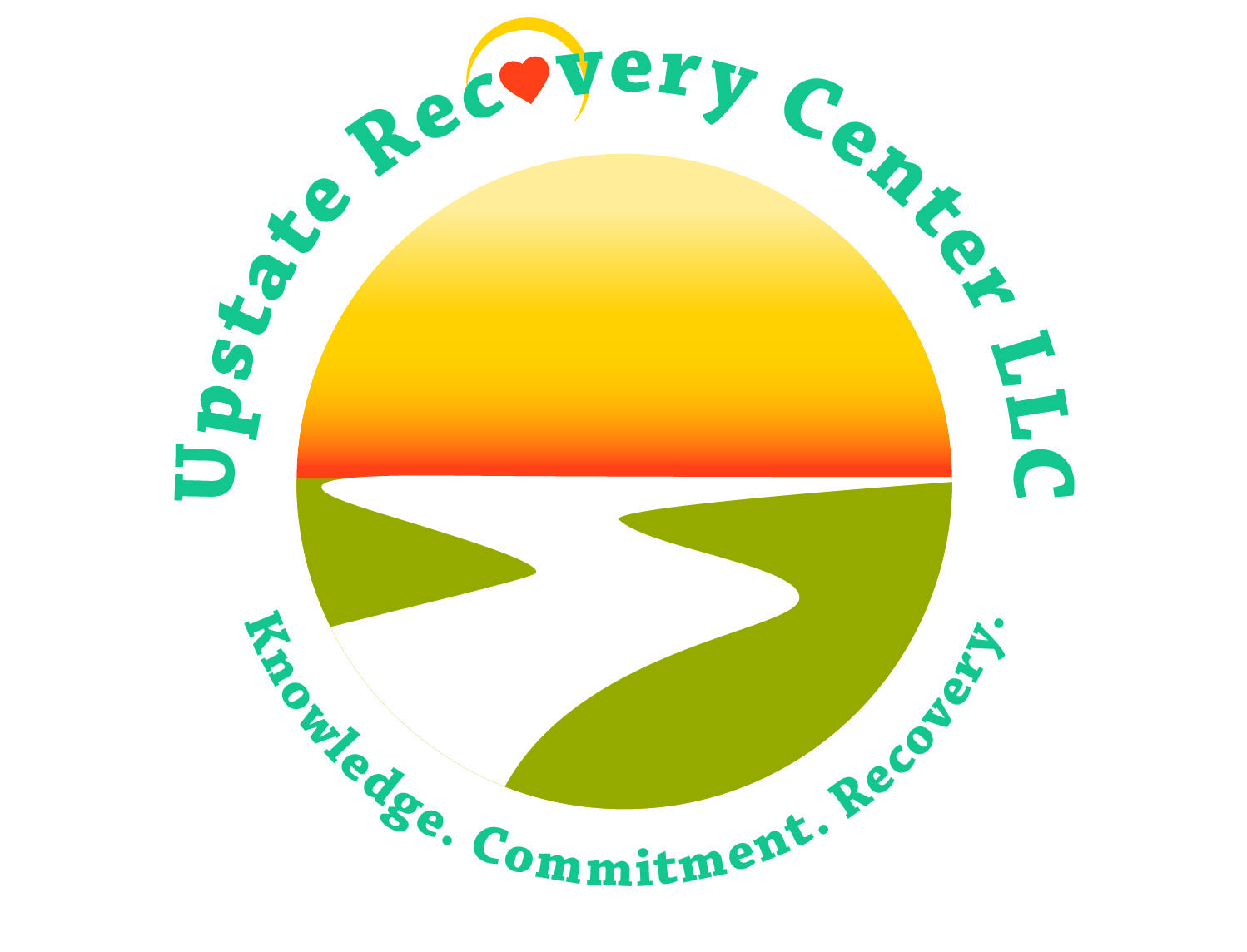
Defining trauma is completely subjective. It is how you define a disturbing or distressing experience. Trauma affects the way you see yourself and how you see yourself in the world around you. Do not compare your experience to anyone one else’s experience.
Trauma can usually be divided into two categories – Big “T” and little “t.” Big “T” traumas are the events most commonly associated with post-traumatic stress disorder (PTSD). These can include death, threatened death, actual or threatened serious injury, or actual or threatened sexual violence. A person can be directly or indirectly exposed to these events (see more under What is PTSD?). Witnesses to big “T” events or people living and working in close proximity to trauma survivors are also vulnerable to PTSD, especially those who encounter emotional shock on a regular basis like paramedics, therapists, and police officers.
Little “t” traumas are highly distressing events that affect individuals on a personal level, but don’t fall into the big “T” category. Examples of little “t” trauma include non-life-threatening injuries, emotional abuse, death of a pet, bullying or harassment, and loss of significant relationships. People have unique capacities to handle stress, referred to as resilience, which impacts their ability to cope with trauma. What is highly distressing to one person may not cause the same emotional response in someone else, so the key to understanding little “t” trauma is to examine how it affects the individual rather than focusing on the event itself.
Although little “t” traumas may not meet full criteria for a PTSD diagnosis, these events can be extremely upsetting and cause significant emotional damage. Also influencing the emotional response is the number of little “t” traumatic events that someone experiences and at what age these events occurred. Evidence now concludes that repeated exposure to little “t” traumas can cause more emotional harm than exposure to a single big “T” traumatic event. Minimizing the impact of these little “t” incidents can create adverse coping behaviors. Failing to address the emotional suffering of any traumatic event may lead to cumulative damage over time.
To cope with the distressing symptoms of trauma, people may self-medicate, numbing their emotional pain through addictive substances or behaviors. Individuals with trauma histories are more likely to require professional help and long-term support to overcome their addictions. The goal of therapy is to address both the trauma and addiction providing clients with the best opportunity for long-term success.
Please contact us to begin your journey of healing.
